Mood disorders


Mood disorders
are a group of mental health conditions characterized by significant disturbances in a person’s mood, affecting their emotional well-being and overall functioning. These disorders involve disruptions in emotional states that extend beyond the typical fluctuations experienced in daily life. The two primary types of mood disorders are depressive disorders and bipolar disorder.
Mood disorders can significantly impact various aspects of a person’s life, including relationships, work, and overall quality of life. They can result from a combination of genetic, biological, environmental, and psychological factors.
Treatment for mood disorders typically involves a combination of psychotherapy and, in some cases, medication. Psychotherapy, such as cognitive-behavioral therapy (CBT), interpersonal therapy (IPT), and dialectical behavior therapy (DBT), can help individuals identify and change negative thought patterns, develop healthy coping strategies, and improve problem-solving skills. Medications, such as antidepressants or mood stabilizers, may be prescribed to manage symptoms and stabilize mood fluctuations in bipolar disorder.
If you or someone you know is experiencing symptoms of a mood disorder, it is crucial to seek professional help. Mental health professionals can provide an accurate diagnosis, develop an individualized treatment plan, and offer support and guidance on the path to recovery. With appropriate treatment and support, individuals with mood disorders can experience relief from symptoms, improve their emotional well-being, and regain control over their lives.

